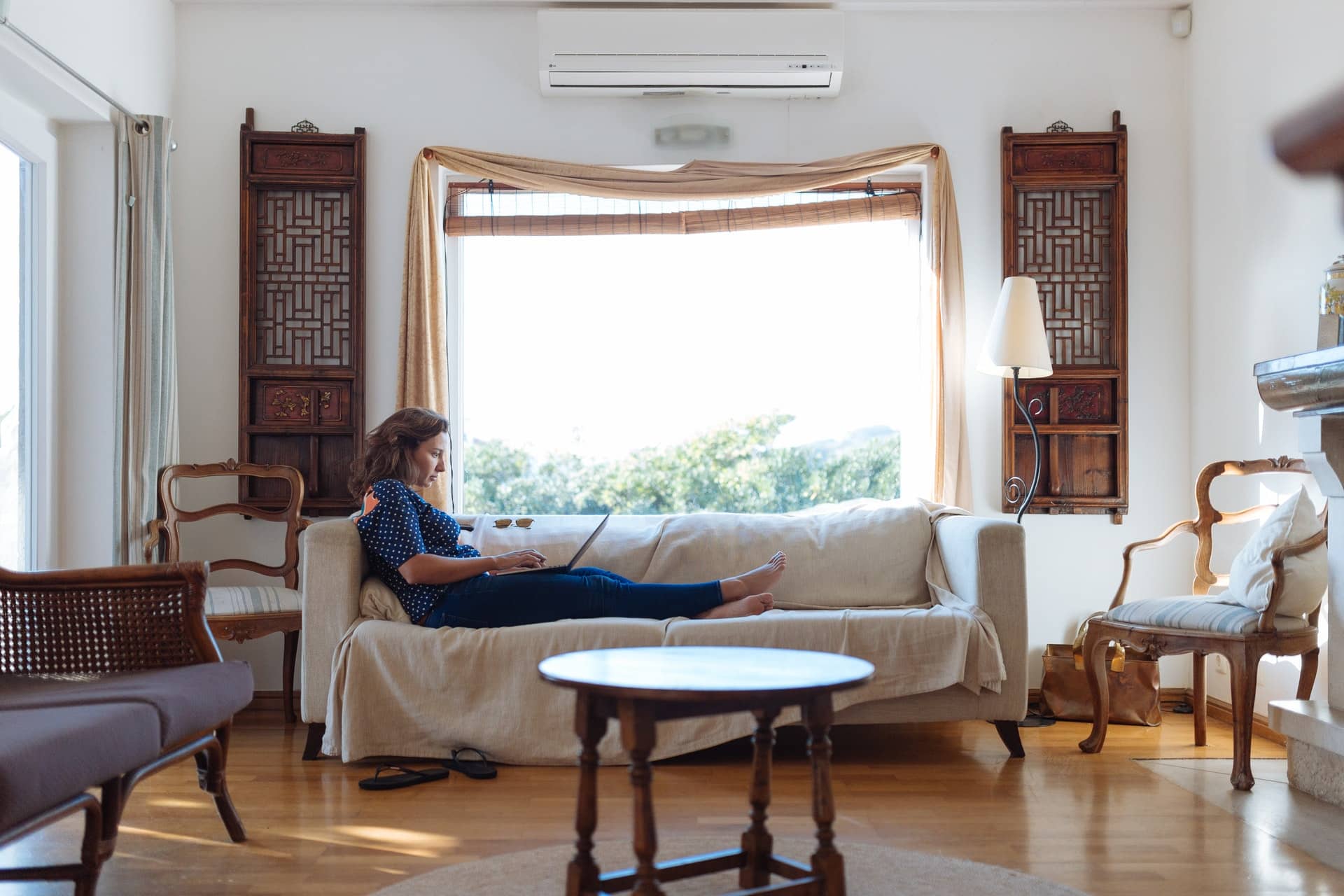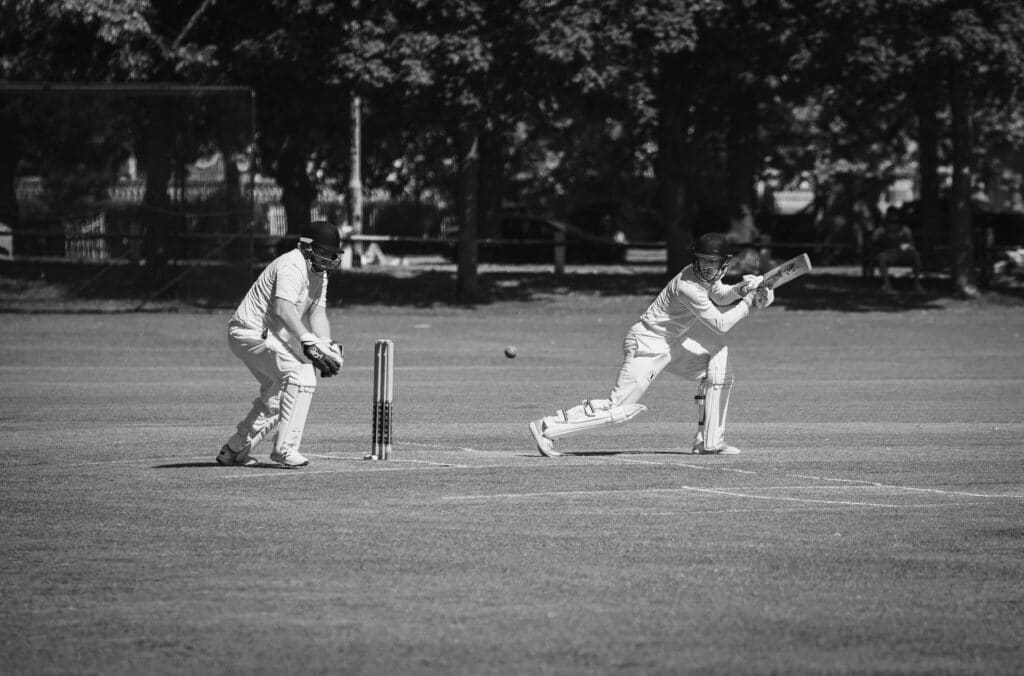What happens when you stop exercising?
What we’ll cover
What happens when you stop exercising?
We all know that exercising is good for our health and it is something that we should build into our regular routine? We know that when we exercise regularly we ‘feel good’ and we have that sense of satisfaction that we are making the right choices for our health. All the best evidence for chronic health conditions including arthritis and diabetes points towards exercise. Some of us perhaps even enjoy exercising…
However, have you even thought to stop and think, what happens when I stop exercising? Our physiotherapist Tegan Skipworth looks at what happens when we stop exercising.
What is deconditioning?
The answer, we decondition.
Within just one week of ceasing exercise our body starts to lose the beneficial effects from training. We start to lose those gains that we have worked so hard to get.
Our muscle mass reduces, we become weaker in overall strength, and eventually it has a have a negative impact on our endurance. This means that simple things like walking up stairs becoming more challenging, and our cardiovascular system becomes less efficient at circulating blood to our working tissues. We may notice and increased effort in our breathing from tasks that were previously deemed as easy.
Research shows that blood sugar levels can increase within the bloodstream in less than a week after ceasing exercise. This is the result of our muscles needing less energy, or glucose (sugar) from within the blood, as they are not being placed under the same level of physical demand. Blood pressure also has the potential to increase after stopping exercise for a duration of time.
A normal part of ageing is a reduction in muscle mass, aerobic capacity and a loss of bone density. Functionally, this can equate to reduced balance and an increased risk of falls. This means that continued exercise is even more important for the older population.
For those younger and fitter individuals, reduced exercise means a loss of cardiovascular fitness, possible negative effects in mood, sleep pattern, cognitive effects, e.g concentration levels, and energy levels. It also results in an increased duration of time to return to previous fitness levels.
The good news is that the effects of deconditioning are reversible.
Once we resume exercise again we experience a positive change in our overall physiological health and well-being. We start to make the transition into being fitter, stronger and healthier all over again.
Although accessibility to exercise services may feel limited during this time of uncertainty, we strongly recommend continued exercise. Malvern East Physiotherapy currently remains open for exercise consultations and/or the development of individualised home programs. Be sure to speak with your Physiotherapist about how to best maintain your exercise routine over the coming weeks and months.
To learn more about how to avoid deconditioning, feel free to call our team or book online.


